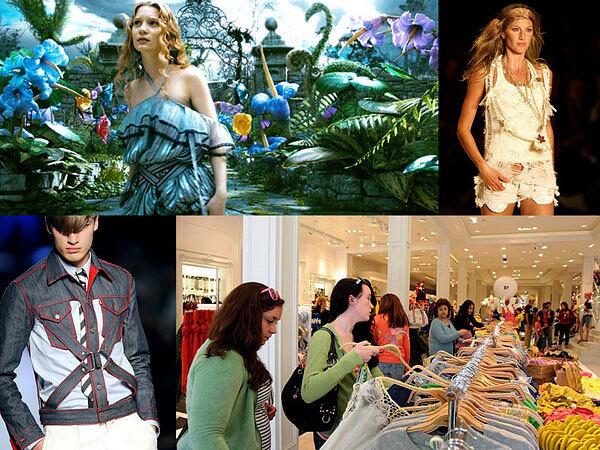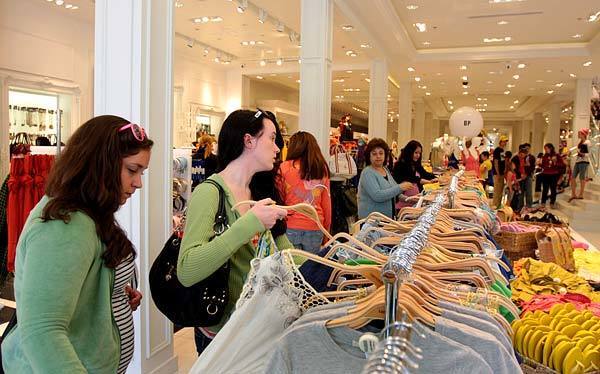
While those fast-fashion chains grabbed headlines, opened pop-up shops and hosted celebrity events, Forever 21 was the quiet giant, growing sales from $1.7 billion to more than $2 billion and launching its own magazine, cosmetics collection and a plus-size line called Faith 21. (Stefano Paltera / For The Times)
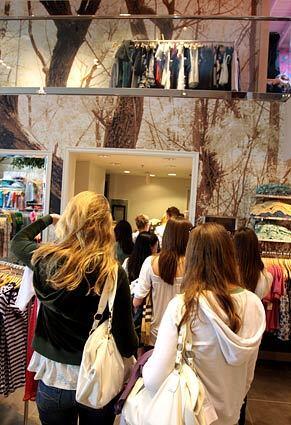
Founded in 1984 by Korean immigrants, Forever 21 has 460 stores worldwide. In 2010, it will launch a new kids concept, for ages 7 to 14, and open more than 80 new locations, including megastores in Japan, Europe and
Jane Buckingham, founder of the L.A.-based marketing and consulting firm Trendera, said, “Forever 21 gets the trends right. You look like you’re fashionable but don’t feel like you’ve spent a fortune if it falls apart.”
The chain has taken advantage of the recession’s glut of vacant retail real estate to expand from mall-based stores into big-box locations. The prototype for the new stores is based on the 86,000-square-foot Forever 21 outpost opening in Cerritos this month.
“Going into a Forever 21 store is an experience,” Sozzi said. “You want to stay awhile.” (Stefano Paltera / For The Times)
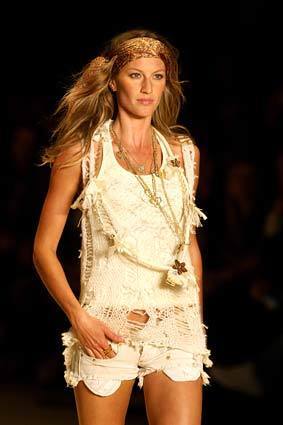
Some of the most famous faces in the global fashion industry have come from Brazil, beginning with the leader of the modeling pack, no-last-name-necessary Gisele. Isabeli Fontana, Raquel Zimmermann,
Advertisement
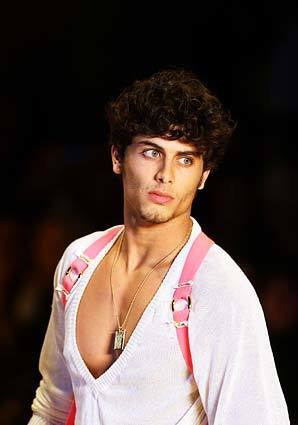
Isabeli Fontana, Raquel Zimmermann,
Though they may walk the runways of Milan and Paris, many of these stars return to Brazil to strut the catwalk at Sao Paulo Fashion Week, a biannual event started in 1996, which attracts media and designers such as Alexandre Herchcovitch, Tufi Duek and the king of the Brazilian bikini, Amir Slama. (Mauricio Lima / AFP / Getty Images)
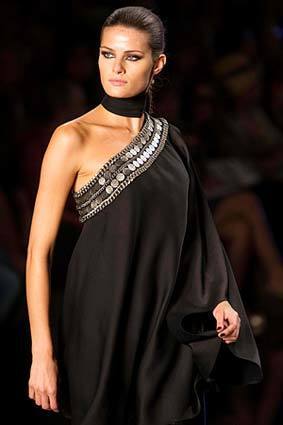
The country’s booming fashion scene has also fueled the luxury retail market, attracting brands and boutiques that are on par with Paris and
(All this is happening despite huge pockets of poverty and crime in cities such as Rio, a phenomenon that gives some tourists pause.) (Nelson Almeida / AFP / Getty Images)
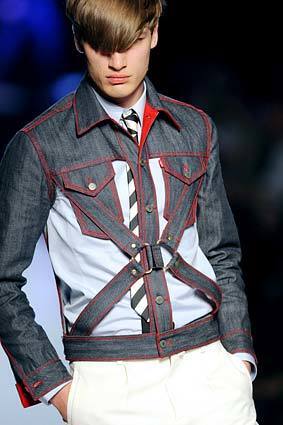
In addition to more advertisements that emphasize the hardworking, can-do spirit, industrial fortitude, and pick-ourselves-up-by-our-own-bootstraps message (see Levi’s “Go Forth” campaign), look for European designers to partner with some of the most revered of American brands.
At the Paris spring/summer 2010 men’s runway shows, the trademark Red Tab of
